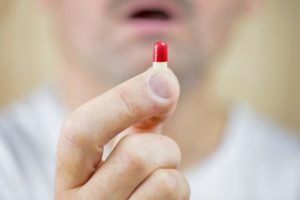From Scientific American: The current medical consensus is that addiction is a chronic and relapsing brain disease in which drug use becomes involuntary despite its negative consequences. However, there is strong scientific evidence suggesting otherwise, including narratives of people who have overcome addiction without treatment.
“In The Biology Of Desire: Why Addiction Is Not a Disease, Marc Lewis, a neuroscientist and former drug addict, argues that addiction is ‘uncannily normal,’ and he offers what he calls the learning model of addiction, which he contrasts to both the idea that addiction is a choice and to the idea that addiction is a disease. Lewis acknowledges that there are undoubtedly brain changes as a result of addiction, but he argues that these are the typical results of neuroplasticity in learning and habit formation in the face of very attractive rewards.
In reviewing a number of case studies, Lewis argues that most addicts don’t think they are sick (and this is good for their recovery) and that the stories of people who have overcome their addiction, instead of impotence and disease, speak of a journey of empowerment and of rewriting one’s life narrative. That is, addicts need to come to know themselves in order to make sense of their addiction and to find an alternative narrative for their future. In turn, like all learning, this will also ‘re-wire’ their brain.”















